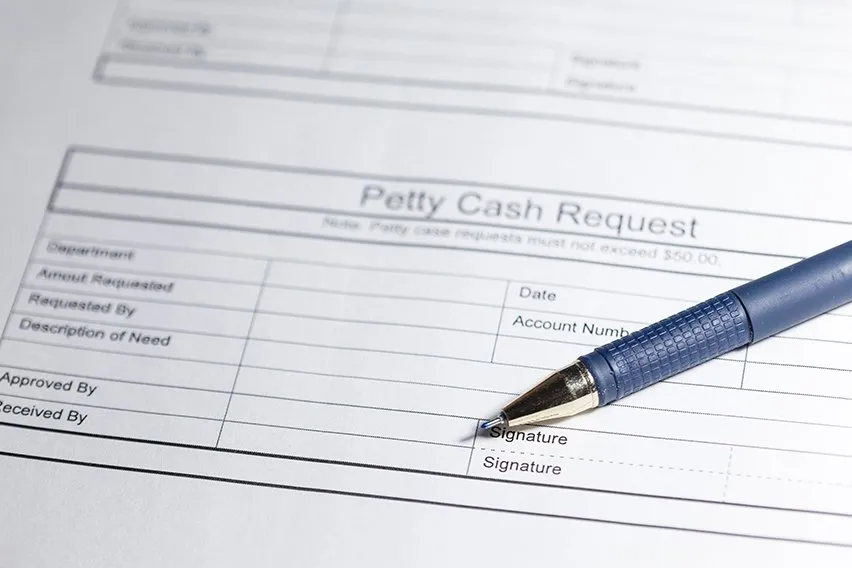Cash Vs Credit: Which Should You Use?

When to use cash and credit depends on your personal spending habits. Even worse, many financial and accounting experts disagree about the best path to take. Today we’ll give as balanced a view as possible on the two forms of payment in your personal finances. At the end, we’ll touch on cash vs credit as a business. Which should you accept from customers?
Note: Our editorial team are not financial advisors. This editorial content is not to be taken as definitive financial advice.
Let’s dive in.
Here’s What We’ll Cover:
Benefits of Credit
Using a credit card to make small or large purchases has its benefits if you use credit responsibly.
- Fraud Protection
Credit card issuers often have very robust systems for fraud detection and protection. You can report any fishy activity and your credit card company will reimburse you.
- RewardsCashback. Bonuses. Reward points. Credit cards offer increasingly attractive goodies as your credit score improves. By using your credit card more often, you can access some great deals or accumulate rewards. Airmiles are a particular favourite if you have access to airline credit cards.
- Credit buildingYou must have a credit history to build credit. Cash is great for budgeting but credit building is an important part of building long-term wealth. If you can show that you’re a responsible credit card user, you can improve your credit score little by little.
- Extra timeUsing credit gives you a little extra time to pay for items and purchases. You settle the balance at the end of the month in full, which gives you a grace period before you pay.
- InsuranceSome credit cards come with travel insurance and other perks. This is ideal for frequent travellers.

When Should You Use Credit
- Whenever you want additional purchase protection or a warranty on a purchase. This can be great for electronics.
- To access extra cashback on shopping or exclusive rewards
- If you’re paying for a business expense. By putting it on your credit card, you can get reimbursed by the company before the credit card bill at the end of the month.
- When you’re travelling. Credit cards often allow fee-free card payments abroad.
- When making online purchases
Benefits of Cash
Though the financial world is leaning more towards credit, cash is still very useful. Here’s how:
- Easier to control spendingWith cash, you can readily control your spending. Credit can feel very immaterial because it’s not “real money”. For that reason, many of us can get out of control with credit card spending. This has a negative impact on your credit rating if you can’t make monthly payments.
- Accepted by almost everywhere
Not all shops will accept credit cards or even debit cards. Card processing fees can be an issue. So cash is king in these situations.
- Fewer debtsBy using cash, you’re lowering your credit usage. If you already have a large amount of credit card debt, it’s always best to get things under control by using cash for a bit.
When Should You Use Cash
- In small and independent shops. Credit card processing fees can be punishing for small businesses. By using cash, you’re making things easier for them.
- When you’re trying to lower your debts or have poor credit
- When you want to limit your spending

Cash vs Credit as a Business
We’ve mentioned a couple of times that card processing fees can pose a problem for business owners. Let’s go a little deeper on that.
Generally, bank transfers are fast and free for the customer and business alike. However, it’s worth remembering that giving your customers options to pay you can result in better customer service. Some customers prefer to pay you with credit to have that purchase protection.
In that case, it’s best to calculate the percentage you could pay on credit card transactions before you set your prices. Make sure your pricing accounts for those fees.
Key Takeaways
Cash and credit both have their place in your personal accounting strategy. How you choose to use it is ultimately up to you. Try to use credit cards responsibly to improve your credit score and you’ll have even better credit cards available to you in the future.
For more personal accounting guides like this one, check out our resource hub!
RELATED ARTICLES

 What Are Interchange Fees & Its Calculation?
What Are Interchange Fees & Its Calculation? What Is Petty Cash? How to Set Up & Manage It
What Is Petty Cash? How to Set Up & Manage It What Is a Transaction? Definition & Meaning in Accounting
What Is a Transaction? Definition & Meaning in Accounting What Is a Facilitation Payment? Definition & Examples
What Is a Facilitation Payment? Definition & Examples What Is an SDK? All You Need to Know
What Is an SDK? All You Need to Know How to Transfer Money to PayPal Account in 5 Steps
How to Transfer Money to PayPal Account in 5 Steps